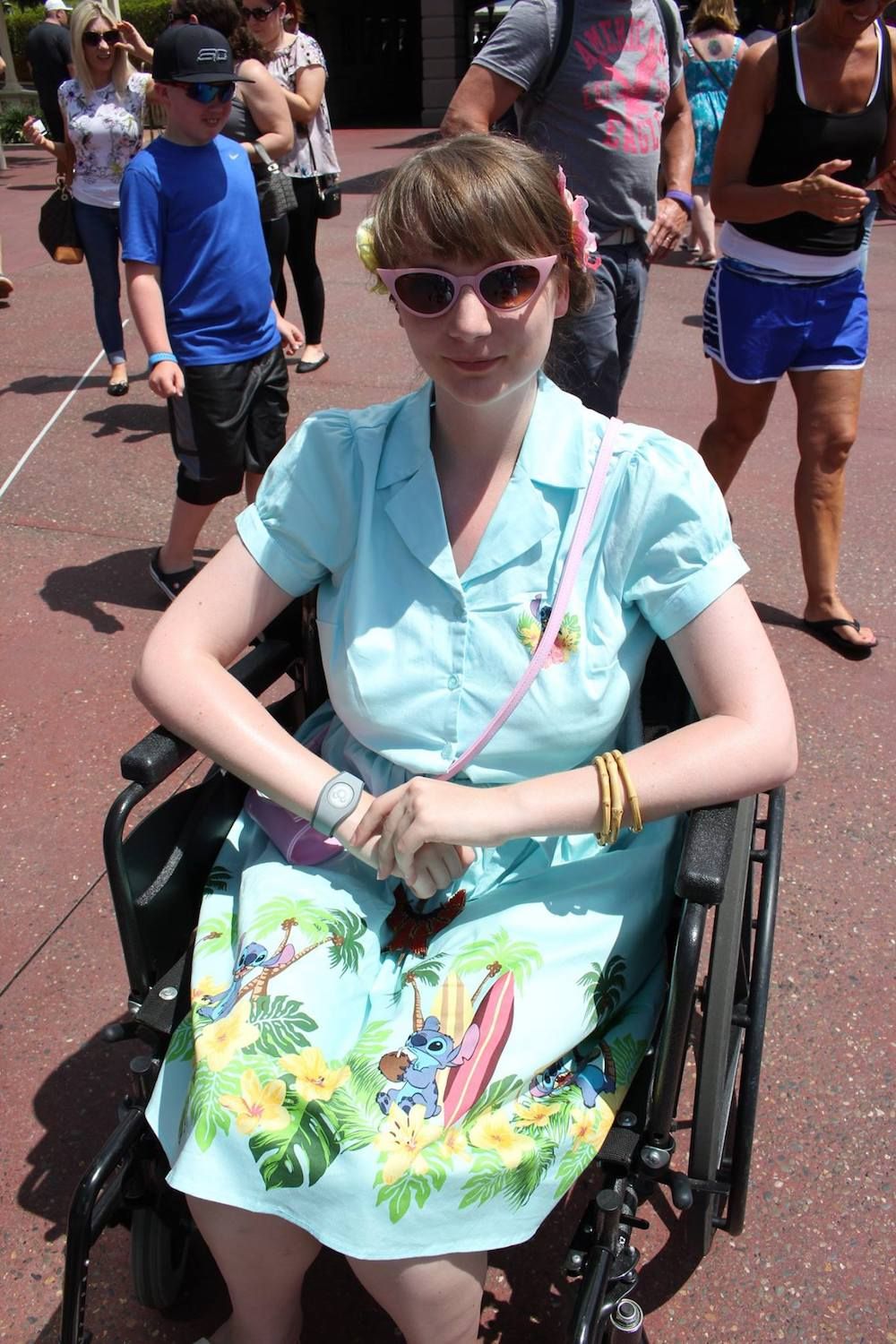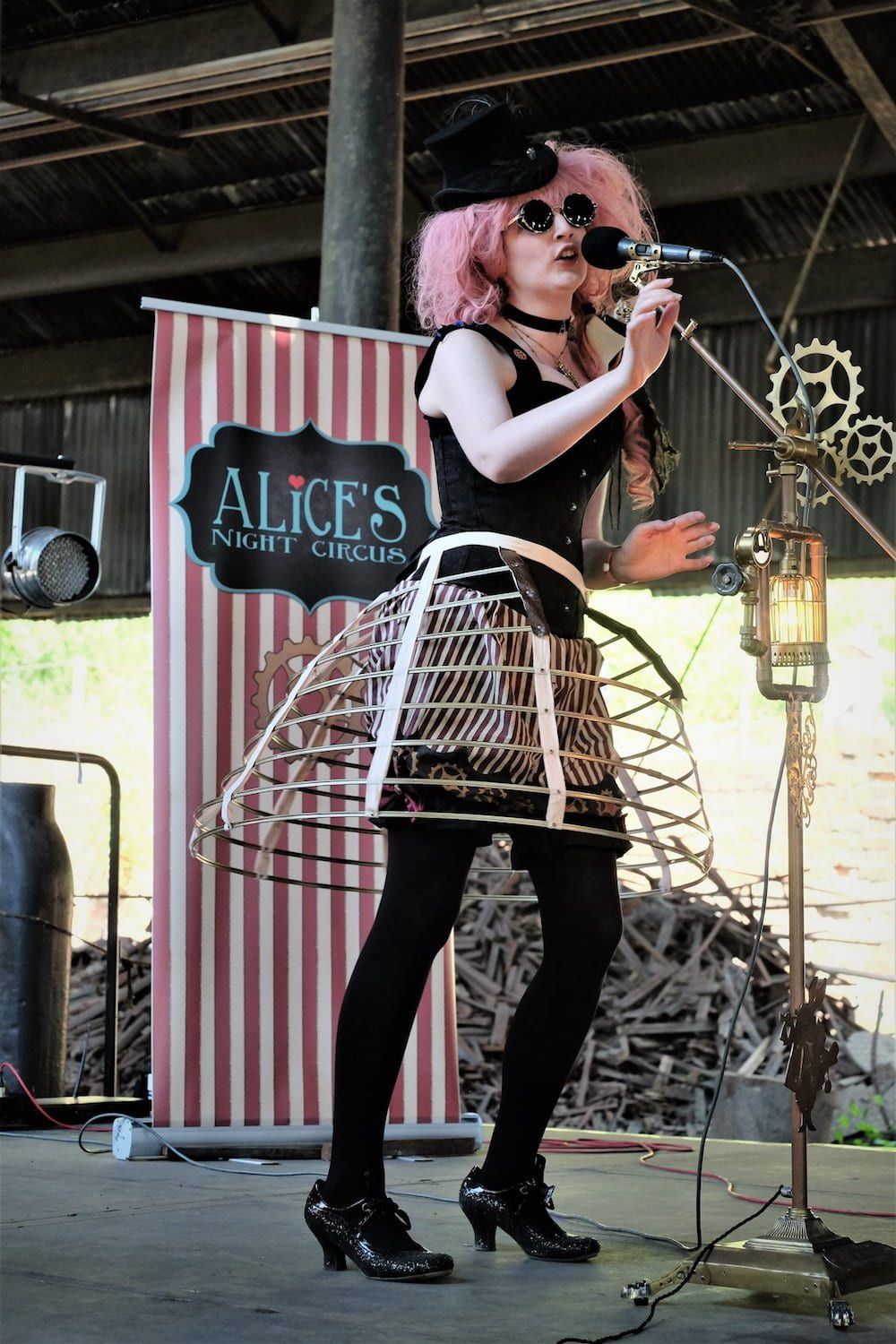
Julia Scott went from an energetic and activity-fuelled childhood, to almost confined to her bed in her late teens. Receiving her diagnosis of ME finally came with an understanding of how to manage her energy, and how to channel it into her passion – her music
Back in 2004, I would never have believed my future held a successful music career that allowed me to travel the country, or that I would be releasing my debut album into the world. In 2004, aged 18, getting out of bed to crawl down the stairs, just to crash on to the sofa after the stairs had taken it out of me, was a mammoth enough daily task. It wasn’t easy, but I’m so glad I didn’t lose hope along the way.
As a child, I had the boundless energy of youth. I’d be up before 6am on weekdays to muck out my pony before school. I enjoyed taking part in as many sports as possible, attending after-school sports clubs, before coming home to cram in homework and another quick ride before dark. It wasn’t until around 2003, when I was 17, that I had multiple bouts of what my doctor called chronic tonsillitis (which later turned out to have been glandular fever), and my life changed.
I could no longer focus on my school work, and found processing information extremely difficult. Learning new things became an impossible task, and I struggled to get out of bed. The sports I had once loved now made my body hurt, and a quick sprint or relay on sports day would exhaust me for days afterwards.

Julia Scott
I started to sleep more, until it reached a point where I was lucky if I was awake for more than a couple of hours a day.
During those times, I was in intense pain, and physically couldn’t do much more than the absolute basics. My throat had swollen to a point where it was almost closed, and I struggled to eat solid foods. Simply swallowing was so painful that I didn’t want to do it, and every movement hurt.
I was repeatedly given antibiotics for the sore throat, which didn’t make a difference, and I constantly rasped my way through speech. By this time I had left school, aged 19, and had started going to art college. It was here that I discovered my true passion was music, and decided to try to start a singing career.
Initially I was performing at the odd pub and club, and was trying to juggle this alongside college when some days I was barely able to get out of bed. I found I was cancelling gigs and calling in sick to college regularly. Finally, it got so bad that I started looking online to find out what was wrong with me. Eventually, I discovered something called Myalgic Encephalomyelitis (ME) – better known as Chronic Fatigue Syndrome at the time. It ticked a lot of the boxes, and I approached my doctor with the possibility that I may have this rather than tonsillitis.
It took years to be taken seriously, but eventually I was referred to an ear, throat and nose specialist in 2009. By this time I was 22, and he said I had clearly suffered a very severe case of glandular fever judging from all the scarring in my throat, and he suspected I had a viral infection.
Following a referral to another specialist, I was diagnosed with ME. It was months later that I was finally referred to a cognitive behavioural course with the NHS so I could learn to manage my condition. The lady running the course actually had ME, and it was the first time I’d met someone else with the condition – the first time I’d met someone with ME who was holding down a job. Suddenly I could see that it was possible to achieve some stability in my life. Not everything on the course helped, but some of it allowed me to come to terms with some very difficult realisations.
I had an invisible disability that there was no guarantee I would ever fully recover from. I needed to accept that I would not be able to push myself the same way I had done before. I learned that sometimes, no matter how much I want to do something, I had to say no for the sake of my own health. I learned that if I want to be able to do things, I have to manage every second of my time to fit things in.

I stumbled across The Spoon Theory by Christine Miserandino. A short and sweet version is that we all begin our day with a number of spoons, and each task requires one of these to be handed over in payment. Someone without a chronic illness will rest at night and regain all their spoons, ready to go again in the morning. Someone with a chronic illness does not, so they begin their day with fewer spoons to do the same tasks, and this goes on and on until they have no more spoons left to give. Once I had read this theory, I began applying it to my life, understanding the cost of tasks, social situations and even getting out of bed in the morning, and how much it would cost my energy reserves.
It has taken me several years to improve and get my health back to something manageable, but now, as long as I continue to manage my time and energy expenditure, I am able to live life my way. I’ve been able to use my experiences as someone with an invisible chronic illness to shape the message of my music. Occasionally, when things outside of my control come into play, I am still caught out by it and reminded of how bad my condition can be. A recent holiday turned into a nightmare when we suffered a 27-hour delay which sapped all the energy I had meticulously saved, and put me in a wheelchair for two weeks.
The music came as I was starting to see an improved quality to my life. I began to look to the future and what I wanted to do, which was to return to singing. Only this time, I decided I wanted to sing my own songs that reflected my life more.
I was very lucky to stumble across the Steelworks Studios and Eliot Kennedy, a Grammy award-winning and Ivor Novello-winning writer and producer based in my hometown of Sheffield. Together, my Metamorphose album was created, featuring two songs relating to my ME, chronic illness, and mental health.
The music I created, as my stage act Alice’s Night Circus, felt very much like me finally finding my feet, and coming to terms with the changes that had taken place during my life – so the name Metamorphose seemed appropriate. I have indeed changed from that energetic pre-teen I once was, through being nearly bedridden, to where I am now. I get to travel the country playing gigs, meeting some of the most incredibly creative people I have ever come across, and have even been featured in the unique book The Imaginarium by fine art photographer Gary Nicholls. I have the most wonderfully supportive and dedicated fans that anyone could ever ask for, and I’m so thankful to have learned everything I have, because it’s made me who I am today.
Julia’s long road to a correct diagnosis of ME is, unfortunately, not uncommon. This debilitating condition can have far reaching effects, and leave those affected with mental health problems. Julia finding her passion and learning sustainable ways of managing her energy is inspiring – it can give hope by showing what is possible. I hope Julia’s story will encourage others to find what it is that makes their heart sing, and how they can both accept their condition, and find ways to live fulfilling and enjoyable lives.

Join 100,000+ subscribers
Stay in the loop with everything Happiful
